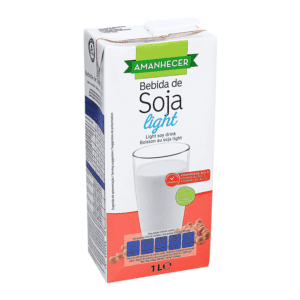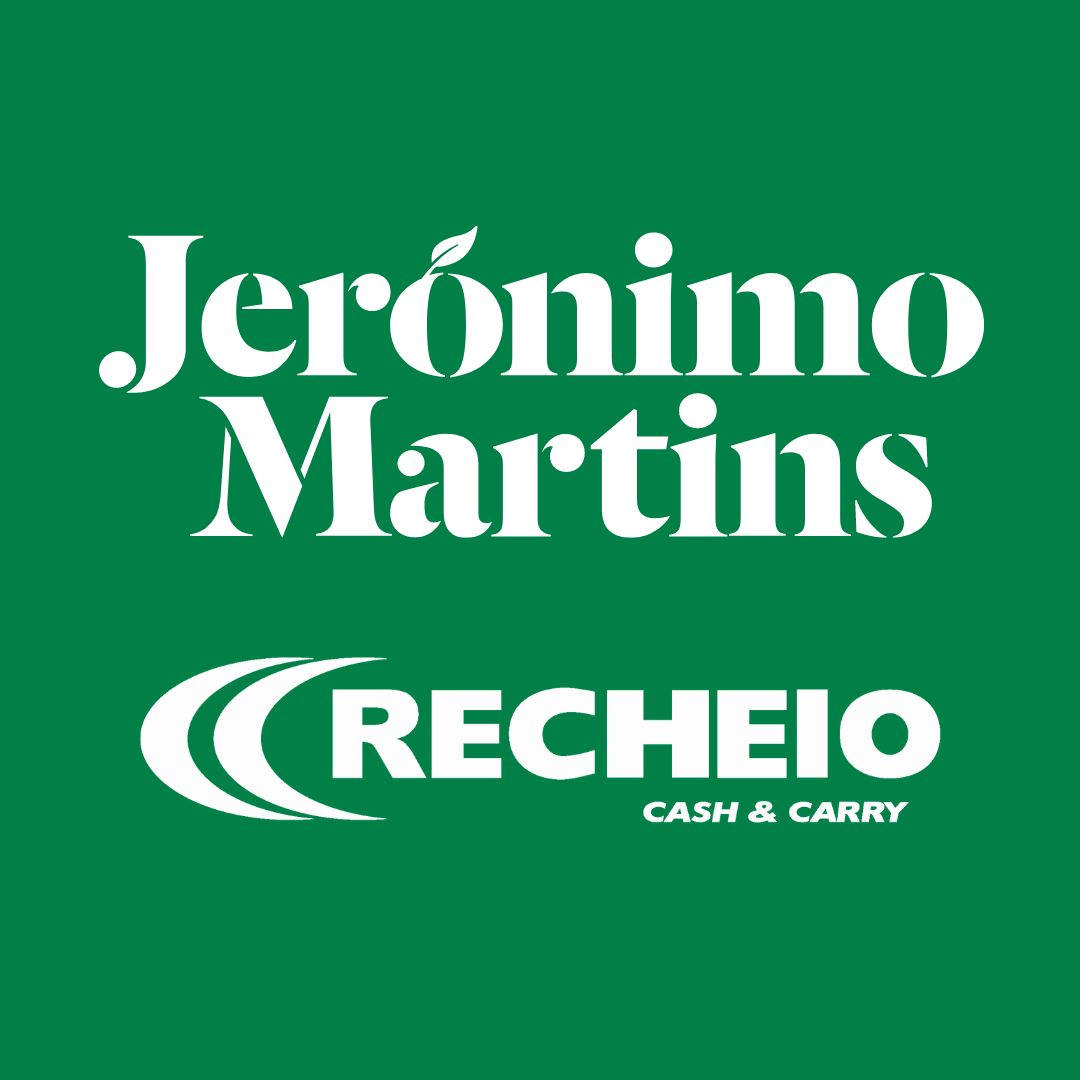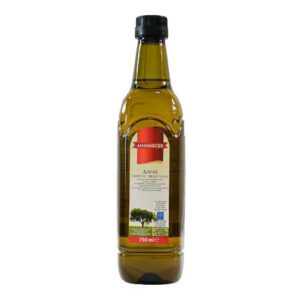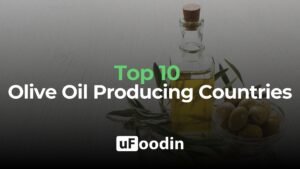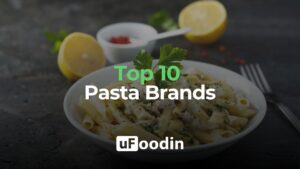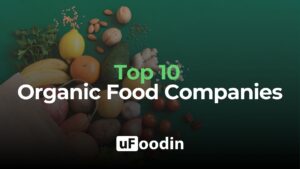
Top 10 Functional Food Companies Shaping the Market
The functional food industry is at the forefront of the health and wellness revolution, offering products that deliver targeted health benefits beyond basic nutrition. With consumers increasingly focusing on preventive healthcare, the demand for functional foods has soared. In 2023, the global functional food market was valued at $306.2 billion and is projected to grow at a CAGR of 8.5%, reaching an estimated $678.3 billion by 2032. This growth is fueled by a shift toward healthier lifestyles, an aging population, and growing awareness of diet-related diseases.
North America and Europe dominate the functional food market, accounting for over 65% of global sales, while the Asia-Pacific region is emerging as a key growth driver due to increasing disposable incomes and urbanization. Key segments include probiotics, omega-3 enriched products, plant-based proteins, and functional beverages.
Despite its growth, the industry faces challenges, including stringent regulatory requirements, ensuring efficacy claims, and overcoming consumer skepticism. This article highlights the Top 10 Functional Food Companies, which are at the forefront of innovation and consumer satisfaction.

- Nestlé S.A.
- Headquarters: Vevey, Switzerland
- Why It Stands Out: Nestlé leads the global nutrition market with a focus on health, wellness, and sustainability. Its diverse functional food portfolio caters to various dietary needs, including digestive health, immunity, and weight management.
- Key Innovations: Nestlé has developed products like its plant-based pea protein range, fortified dairy drinks for children, and the NESVITA line enriched with calcium and vitamin D for bone health.
- Danone S.A.
- Headquarters: Paris, France
- Why It Stands Out: Danone specializes in functional dairy and plant-based products, with a strong focus on probiotics and medical nutrition for specific health conditions.
- Key Innovations: The company’s flagship Activia yogurt supports digestive health, while its Nutricia division provides advanced medical nutrition for individuals with specific dietary needs.
- PepsiCo, Inc.
- Headquarters: Purchase, New York, USA
- Why It Stands Out: PepsiCo combines global reach with a growing portfolio of health-focused functional beverages and snacks, aligning with shifting consumer preferences.
- Key Innovations: Products like Quaker Oats enriched with fiber and Kevita probiotic beverages exemplify PepsiCo’s commitment to functional foods targeting gut health and energy.
- Kellogg’s
- Headquarters: Battle Creek, Michigan, USA
- Why It Stands Out: Kellogg’s is a pioneer in fortified breakfast cereals and snacks, catering to nutritional needs such as heart health and energy enhancement.
- Key Innovations: Special K Protein and Kashi Go Lean ranges target fitness enthusiasts, while the Heart Healthy cereal range is fortified with nutrients like fiber and omega-3s.
- General Mills
- Headquarters: Minneapolis, Minnesota, USA
- Why It Stands Out: General Mills offers a variety of functional foods that focus on heart health, gut health, and weight management.
- Key Innovations: Its Fiber One and Yoplait yogurt lines cater to digestive wellness, while the company’s Nature Valley snacks incorporate protein and whole grains.
- Abbott Nutrition
- Headquarters: Abbott Park, Illinois, USA
- Why It Stands Out: Abbott focuses on clinical and functional nutrition, producing meal replacements, fortified products, and therapeutic foods.
- Key Innovations: Ensure, a nutritional drink fortified with vitamins and minerals for elderly consumers, is a standout product. Similac offers enriched formulas for infant nutrition.
- The Kraft Heinz Company
- Headquarters: Pittsburgh, Pennsylvania, and Chicago, Illinois, USA
- Why It Stands Out: Kraft Heinz has expanded its offerings to include functional condiments and snacks that target health-conscious consumers.
- Key Innovations: Products like their fortified Capri Sun and functional snack ranges, enriched with vitamins and minerals, have expanded their reach.
- Unilever
- Headquarters: London, UK, and Rotterdam, Netherlands
- Why It Stands Out: Unilever bridges the gap between indulgence and health with functional ice creams, spreads, and teas.
- Key Innovations: The Lipton Green Tea range promotes antioxidant benefits, while its Knorr soup line includes functional variants with added vitamins and minerals.
- Amway (Nutrilite)
- Headquarters: Ada, Michigan, USA
- Why It Stands Out: Nutrilite by Amway is a leader in plant-based nutrition, providing functional foods and supplements backed by extensive research.
- Key Innovations: The company has introduced functional protein powders and fiber-rich meal replacements aimed at fitness and overall wellness.
- Glanbia Nutritionals
- Headquarters: Kilkenny, Ireland
- Why It Stands Out: Glanbia specializes in nutritional supplements and functional food ingredients, catering to both consumers and food manufacturers.
- Key Innovations: Products like Optimum Nutrition protein powders and performance-focused functional bars and drinks demonstrate Glanbia’s expertise in sports nutrition.
Major Challenges in the Functional Food Industry
- Regulatory Complexities
- Overview: Functional food claims must be backed by rigorous scientific evidence to comply with regulations, such as those from the FDA (U.S.) or EFSA (Europe). This can delay product launches and increase costs.
- Impact: Companies need to allocate significant resources to research and development, legal compliance, and clinical trials to substantiate their claims.
- Example: Probiotics and prebiotics face particularly tight scrutiny regarding health claims, making it challenging for brands to market their products effectively.
- High Development and Production Costs
- Overview: Developing functional foods requires specialized ingredients, advanced processing techniques, and thorough testing, leading to higher production costs.
- Impact: These costs are often passed on to consumers, making functional foods more expensive than traditional counterparts, potentially limiting accessibility in price-sensitive markets.
- Example: Fortified products like omega-3 enriched foods require costly ingredients and preservation processes, impacting profitability.
- Consumer Skepticism
- Overview: Despite growing interest, some consumers remain skeptical about the effectiveness of functional foods, especially when health claims appear exaggerated or unverified.
- Impact: Brands must invest in education campaigns and transparent labeling to build trust and demonstrate the efficacy of their products.
- Example: Functional beverage companies often face doubts about the tangible benefits of ingredients like adaptogens or collagen.
- Balancing Taste and Nutrition
- Overview: Incorporating functional ingredients can compromise taste or texture, making it difficult to create products that are both effective and enjoyable.
- Impact: Failure to meet consumer expectations in taste can lead to poor adoption rates, even for products with proven health benefits.
- Example: High-protein snacks may suffer from an overly dense or chalky texture due to added proteins.
- Supply Chain Challenges
- Overview: Functional foods often rely on niche or exotic ingredients, such as probiotics, adaptogens, or superfoods, which can be subject to supply chain disruptions.
- Impact: Dependence on such ingredients increases vulnerability to price fluctuations and shortages, particularly during global crises.
- Example: The COVID-19 pandemic disrupted the availability of key ingredients like plant-based proteins and omega-3 oils.
- Competition from Supplements
- Overview: Functional foods often compete directly with dietary supplements, which are sometimes perceived as more convenient or potent alternatives.
- Impact: Companies must differentiate their offerings by emphasizing the advantages of consuming health benefits through whole foods.
- Example: Fortified cereals compete with multivitamin tablets for the same health-conscious audience.

Key Trends in the Functional Food Market
- Personalized Nutrition
- Overview: Advances in technology, such as DNA-based dietary analysis and wearable health devices, are enabling brands to create tailored functional food solutions.
- Example: Companies like Nestlé and Amway are exploring ways to offer personalized nutrition plans that align with individual health goals and genetic profiles.
- Plant-Based Functional Foods
- Overview: The plant-based movement continues to grow, with functional food companies incorporating superfoods like chia seeds, quinoa, spirulina, and turmeric into their offerings.
- Example: Plant-based protein drinks and fortified dairy alternatives are catering to both vegan consumers and those seeking functional benefits.
- Probiotics and Gut Health
- Overview: Digestive health remains a top priority, with probiotics and prebiotics dominating the functional food space. These ingredients are now featured in yogurts, beverages, and even snacks.
- Example: Danone’s Activia and PepsiCo’s Kevita lines are leaders in this trend, offering scientifically supported benefits for gut health.
- Functional Beverages Boom
- Overview: Functional drinks, enriched with ingredients like vitamins, minerals, adaptogens, and nootropics, are rapidly gaining popularity for their convenience and targeted health benefits.
- Example: Brands like PepsiCo and Nestlé are innovating with products that claim to enhance energy, focus, or relaxation.
- Clean Label and Transparency
- Overview: Consumers are increasingly looking for clean-label products with simple, natural ingredients and clear health benefit claims.
- Example: Products with certifications like “non-GMO,” “organic,” and “free from artificial additives” are particularly popular in this segment.
The Top 10 Functional Food Companies showcase the industry’s ability to combine science and innovation to meet consumer demand for healthier, more purposeful diets. As the market grows, these companies remain at the forefront of addressing global health challenges through food. Platforms like uFoodin offer a valuable space for brands to connect with suppliers and buyers, shaping the future of functional food innovation.
uFoodin Editorial Team
Bibliography
- Fortune Business Insights: Functional Food Market Analysis
- Statista: Global Functional Food Market Insights
- Industry Reports: Trends and Challenges in Functional Foods
- Company Reports: Nestlé, Danone, Kellogg’s, General Mills
- uFoodin Official Website



